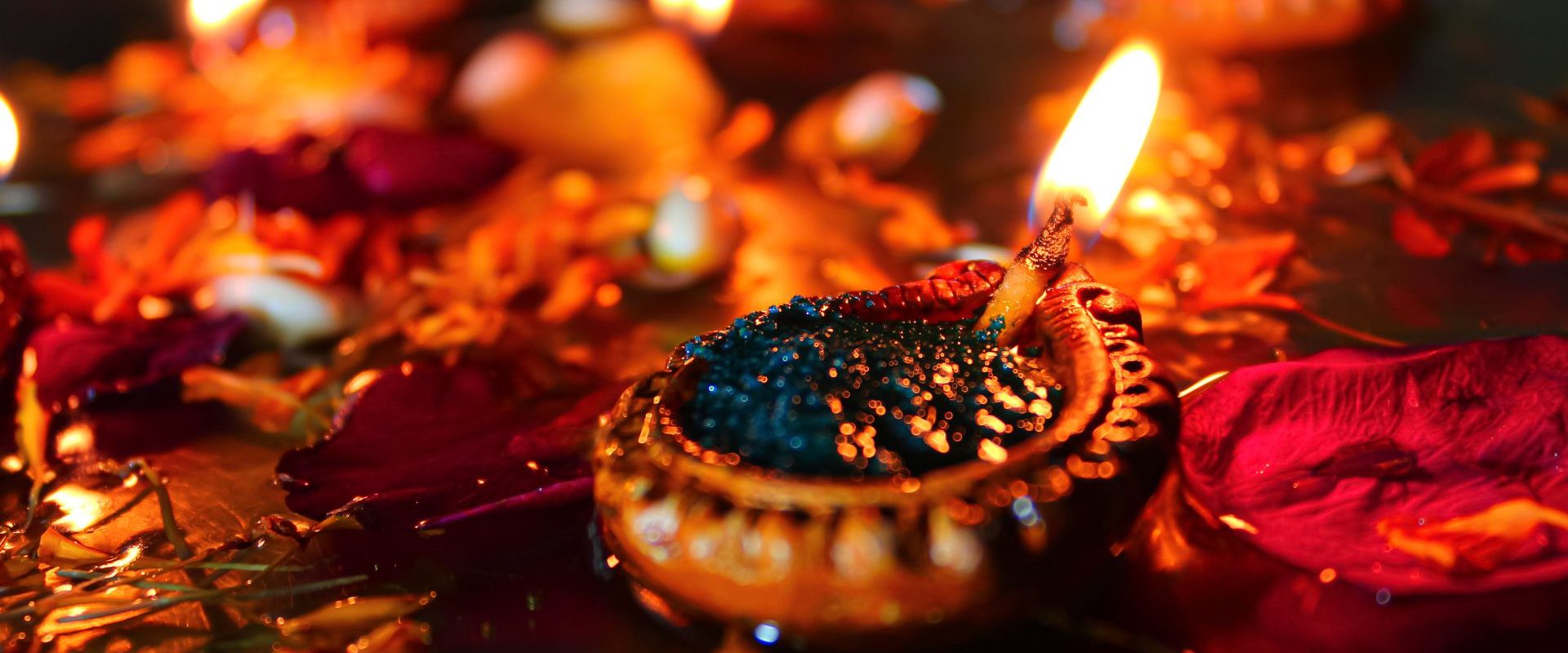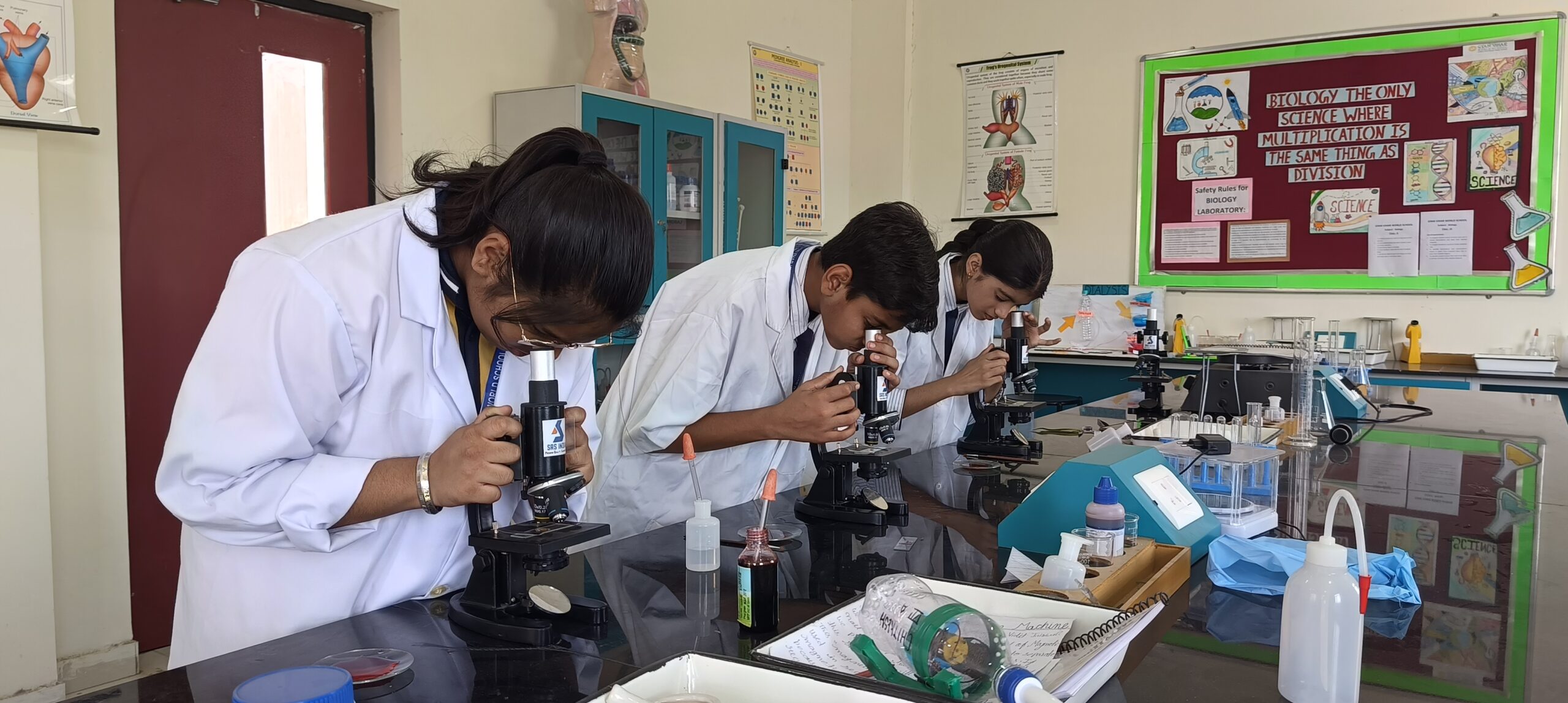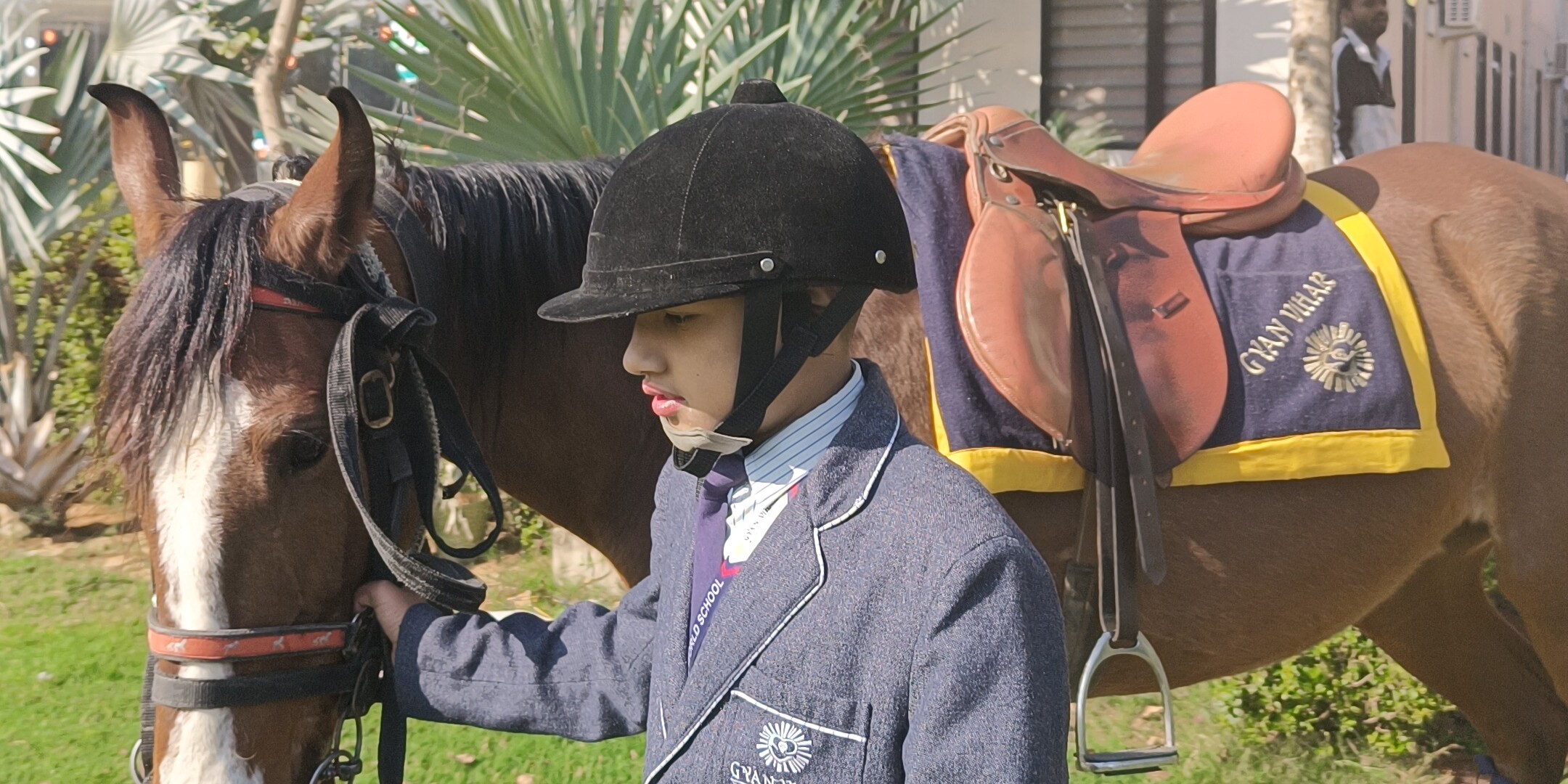Diwali, the festival of lights, is not only a time for vibrant decorations and sumptuous feasts but also an occasion to come together and celebrate the triumph of light over darkness. One beautiful tradition associated with Diwali is storytelling, where families and friends gather to share mythological tales and legends. At Gyan Vihar World School, a renowned CBSE school in Jaipur, we recognize the significance of this tradition. In this blog post, we’ll explore the enchanting world of Diwali storytelling, the myths behind the festival, and why it’s an essential part of Diwali celebrations in schools in Jaipur and beyond.
The Significance of Diwali
Why is Diwali celebrated?
- Diwali symbolizes the victory of light over darkness and good over evil.
- It honors various deities, including Lord Rama, Lord Krishna, and Goddess Lakshmi.
- The festival also marks the beginning of the Hindu New Year in some regions of India.
The Role of Storytelling in Diwali
Why is storytelling important during Diwali?
- Preserving Traditions: It helps preserve and pass down cultural and religious traditions.
- Education: Storytelling serves as an educational tool to teach values, ethics, and history.
- Family Bonding: It strengthens family bonds and fosters a sense of togetherness.
- Creating Memories: Diwali storytelling creates cherished memories that children carry into adulthood.
Popular Diwali Mythological Tales
Key stories and legends associated with Diwali:
- The Return of Lord Rama: The epic tale of Lord Rama’s return to Ayodhya after defeating the demon king Ravana is central to Diwali celebrations.
- The Churning of the Ocean: The story of the churning of the ocean (Samudra Manthan) and the emergence of Goddess Lakshmi, symbolizing prosperity.
- Lord Krishna and the Demon Narakasura: The legend of Lord Krishna’s victory over the demon Narakasura, signifying the triumph of good over evil.
How to Share Diwali Stories
Ways to engage in Diwali storytelling:
- Traditional Storytelling: Gather with family and friends and take turns narrating the tales.
- Visual Aids: Use books, illustrations, or multimedia presentations to make the stories more engaging.
- Dramatic Performances: Organize skits or plays depicting Diwali legends.
- Interactive Sessions: Encourage discussions and questions about the stories to enhance understanding.
Why Schools Embrace Diwali Storytelling
The importance of Diwali storytelling in schools:
- Cultural Education: It helps students connect with their cultural heritage and understand the significance of Diwali.
- Values and Ethics: Storytelling imparts valuable life lessons, ethical values, and a sense of right and wrong.
- Community Building: Diwali storytelling fosters a sense of community and belonging among students.
- Celebrating Diversity: Schools in Jaipur and across India use storytelling to celebrate the diverse cultural fabric of the country.
Creating Meaningful Diwali Storytelling Sessions
Tips for impactful Diwali storytelling in schools:
- Interactive Activities: Include activities like drawing, coloring, or crafting related to the stories.
- Guest Storytellers: Invite local storytellers or elders to share their versions of Diwali tales.
- Multilingual Approach: Accommodate different languages spoken by students to make storytelling inclusive.
- Embrace Technology: Use digital platforms to reach a wider audience and share stories virtually.
Illuminating Hearts and Minds
Diwali storytelling is a tradition that goes beyond words; it illuminates hearts and minds with the wisdom of ancient tales. At Gyan Vihar World School, we recognize the significance of this tradition and its role in preserving cultural heritage, teaching values, and fostering a sense of community.
As Diwali approaches, let us all come together with family and friends to share these captivating stories, ensuring that the light of knowledge, goodness, and tradition continues to shine brightly in our lives.







